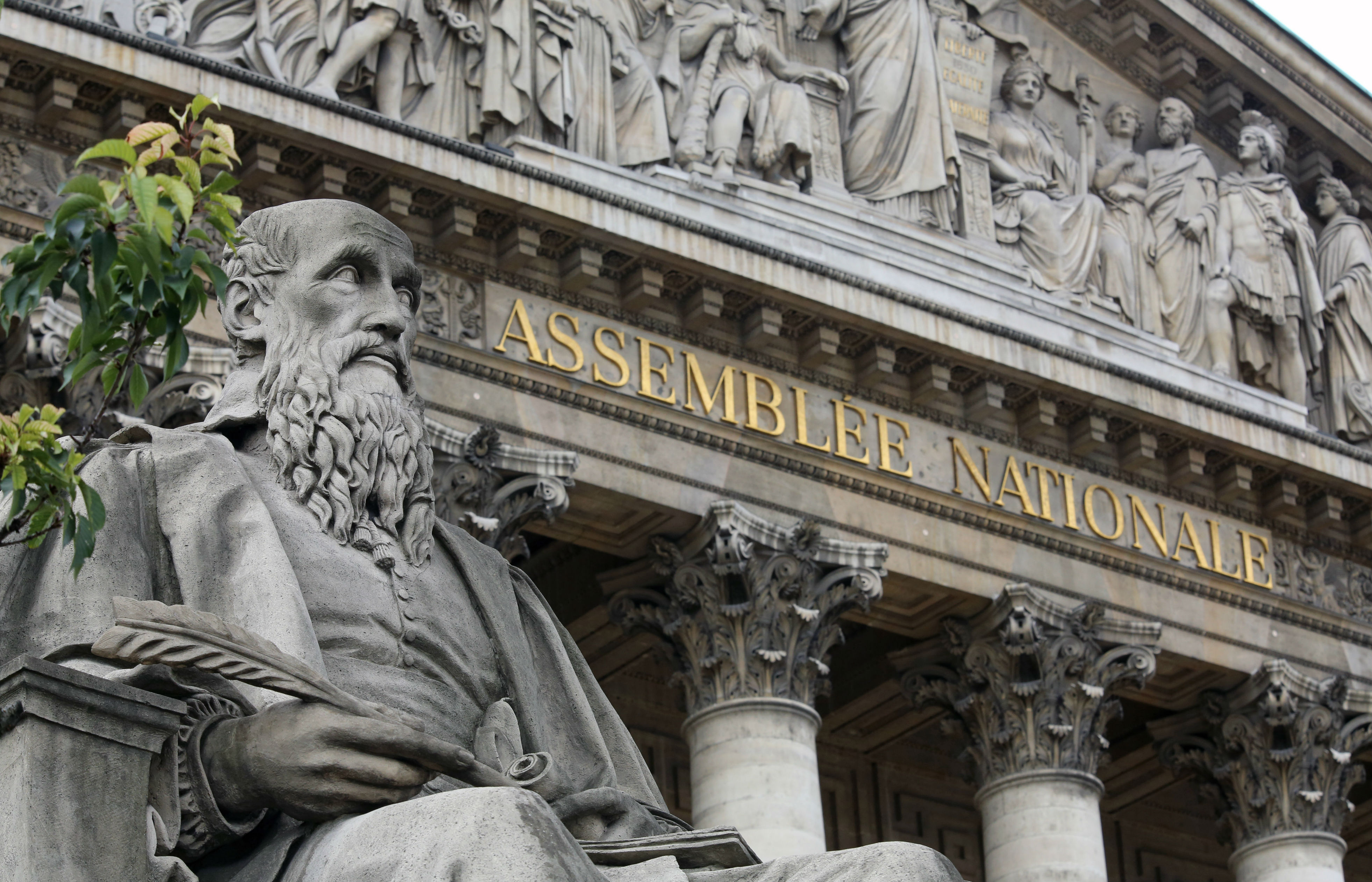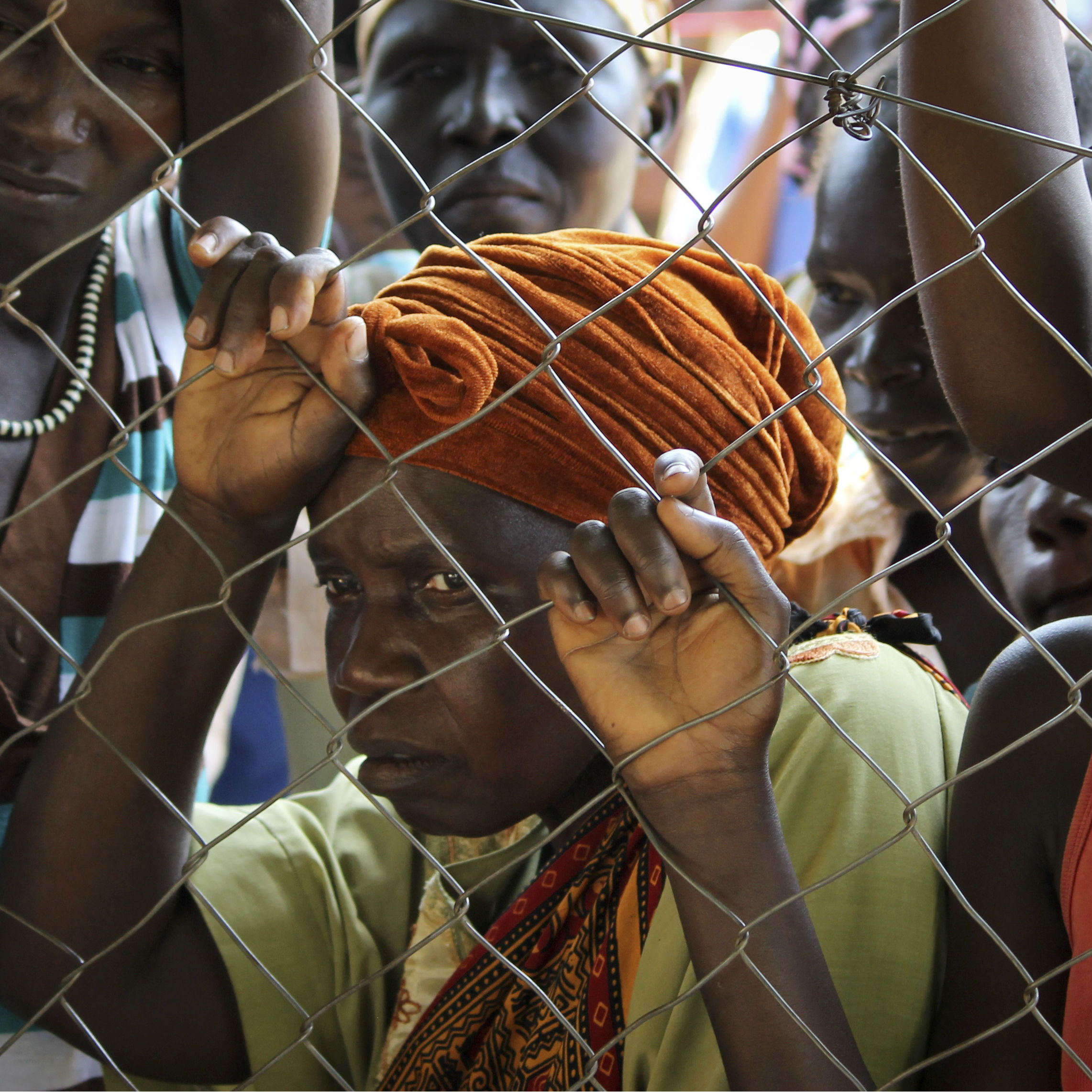The Bishop of Yei has warned of ethnic massacre, as a wave of tribal killings engulfs the formerly peaceful South Sudanese town.
“Over 100,000 people live in fear and uncertainty and are unable to leave the city,” Bishop Erkolano Lodu Tombe of Yei said last week in reaction to reports that 11 people travelling from the town of Yei were rounded up by members of Sudan People’s Liberation Army, placed in a thatched hut, and burned alive.
Their charred corpses were still there two weeks after the incident at the beginning of November. News agency, The Associated Press, said their reporters counted seven bodies, some with their arms bound behind their backs.
The Bishop reported a rise in murders and massacres attributed to militias that target those suspected to be supporters of former Vice President Riek Machar.
“The signs are all there for the spread of this ethnic hatred and targeting of civilians that could evolve into genocide, if something is not done now to stop it,” said Adama Dieng, the UN’s Special Adviser on the Prevention of Genocide, after visiting Yei in late November.
He added that reports of targeted killings, assault, maiming, mutilation, rape, and the use of machetes to hack families to death were rife.
UN Secretary General Ban Ki-moon issued a stark warning about South Sudan on 16 November.
“There is a very real risk of mass atrocities being committed in South Sudan, in particular following the sharp rise in hate speech and ethnic incitement in recent weeks,” Ban said in a report to the Security Council. But he added that UN peacekeeping operations don’t have the “appropriate reach, manpower or capabilities to stop mass atrocities.”
In the report, Ban repeated earlier calls on the Security Council to impose an arms embargo on the country, which he said is "inundated with weaponry."
South Sudan has been wracked by ethnic violence since gaining independence from Sudan in 2011.
In 2013, the country was plunged into civil war when government forces loyal to President Salva Kiir, an ethnic Dinka, battled rebels led by his former vice president Machar, who is a Nuer. A peace agreement was signed in August 2015, but fighting has continued.
Yei became a refuge for many of the country’s 64 tribes who wanted to avoid the fighting, and crime was almost nonexistent, residents said. The surrounding farmland produced food for almost the entire country.
In 2015, after fresh fighting erupted in Juba between Kiir’s army and the rebels under Machar, Yei was swept into the renewed civil war. The military, which residents and local government officials say are from the Dinka tribe, attacked other tribes, who are natives of Yei and the surrounding Equatoria state, on suspicion they supported the rebels, locals have said.
Nearly 150,000 people have fled to Uganda from the Yei region since July, and 120,000 have moved elsewhere in South Sudan, according to estimates from the South Sudan Protection Cluster.
The UN refugee agency said in September that about 100,000 people are trapped in Yei by military operations, and it is distributing items like soap and blankets.
Picture: Women stand outside a UN Refugee Agency (UNHCR) site distributing soap, blankets, and other items in Yei, in southern South Sudan.




 Loading ...
Loading ...